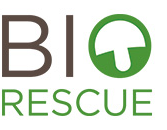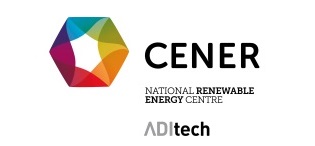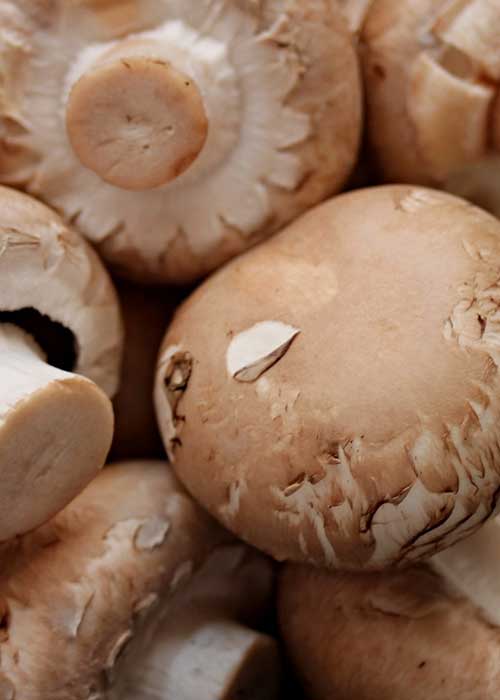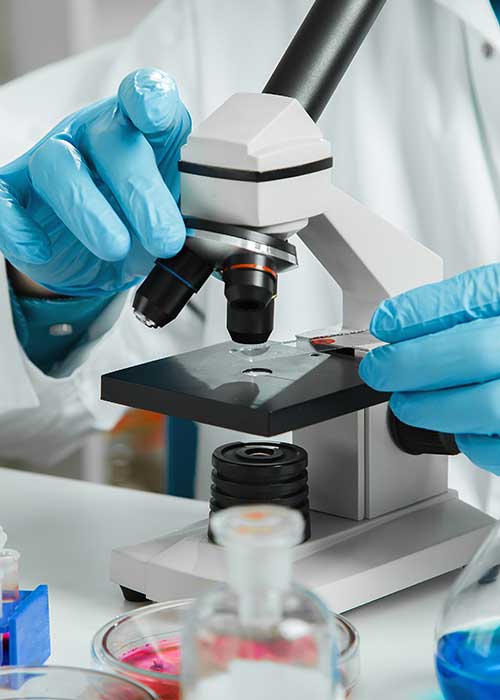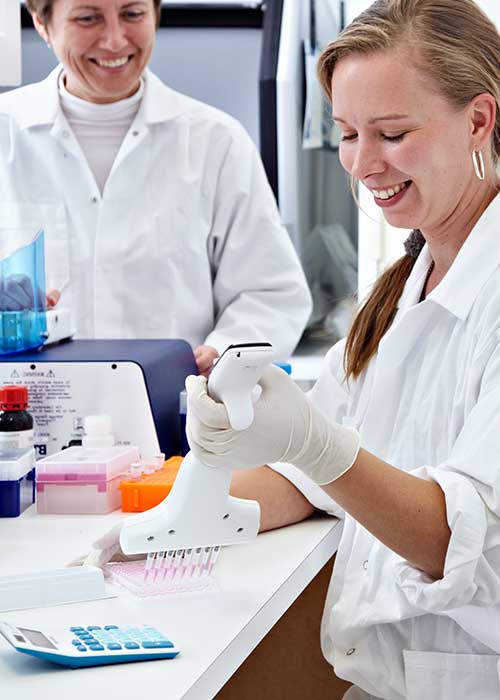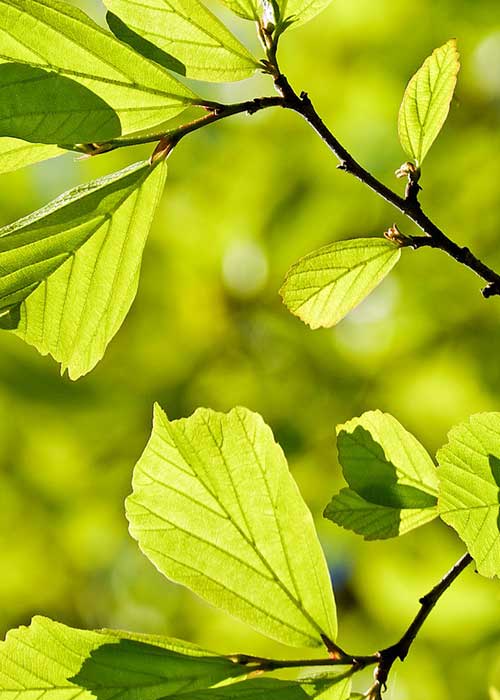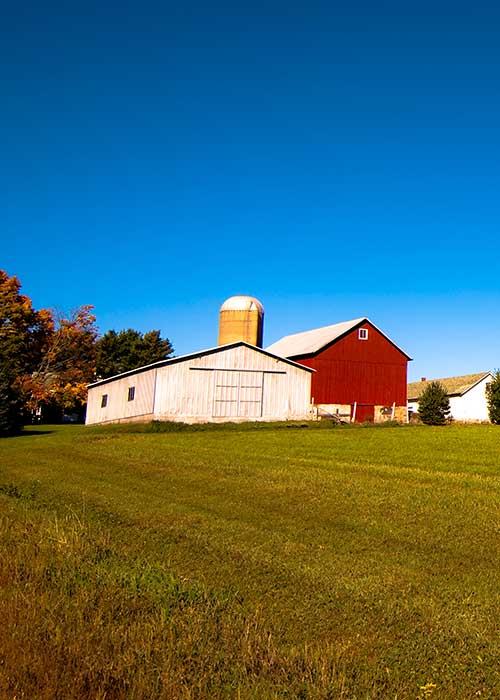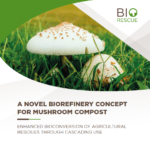Affordable and sustainable biopesticides
#Fact 5
Affordable and sustainable biopesticides
BIOrescue coordinator, the Spanish Renewable Energy Centre (CENER), has demonstrated the production of affordable and sustainable biopesticides from the sugars obtained through the bioconversion of used mushroom compost together with other underutilised biomass.

BIOrescue biopesticides are made of a bacterium, which metabolises the sugars to produce protein crystals with insecticidal effect
Biopesticides from a bacterium
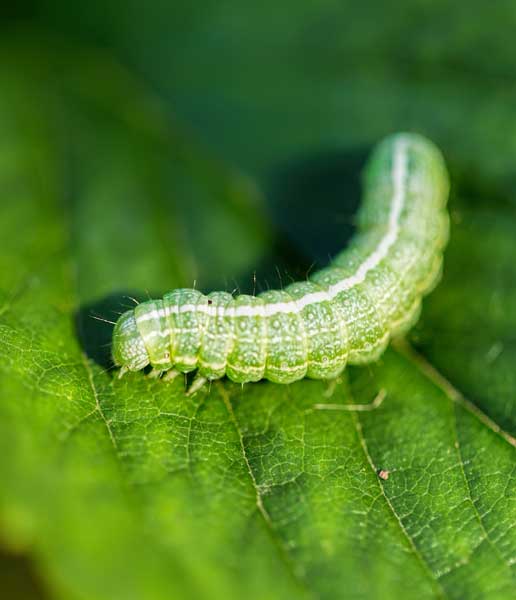
In BIOrescue CENER has produced a microbial type of biopesticides. It consists of a bacterium that synthesizes protein crystals, which are the active ingredients. These protein crystals have shown to have an insecticidal effect on Lepidoptera, the most common pest for many plants.
The bacterium used is a subspecies of Bacillus thuringiensis, which metabolises the sugars to grow during a fermentation process, this way producing more protein crystals.
The biopesticides produced in BIOrescue have been successfully tested, demonstrating they work effectively. The next step will be upscaling the process to Technology Readiness Level (TRL) 7 before commercialisation.
What are biopesticides?
Biopesticides are products that contain biological control agents (living organisms, plant extracts, etc.) to protect plants from pests in agriculture, horticulture and home gardening. They work according to different mechanisms depending on what they are made of.
Conventional pesticides by contrast, are generally synthetic products that directly kill
or deactivate the pest.
What are the advantages of using biopesticides?
Less toxic than conventional pesticides
Usually affect only the target pest, in contrast to conventional pesticides which can have devastating effects on other organisms and for the environment
Require only very small quantities to be effective and often decompose quickly (resulting in less pollution and a lower risk of human consumption)
Used in Integrated Pest Management, they keep crop yields high
